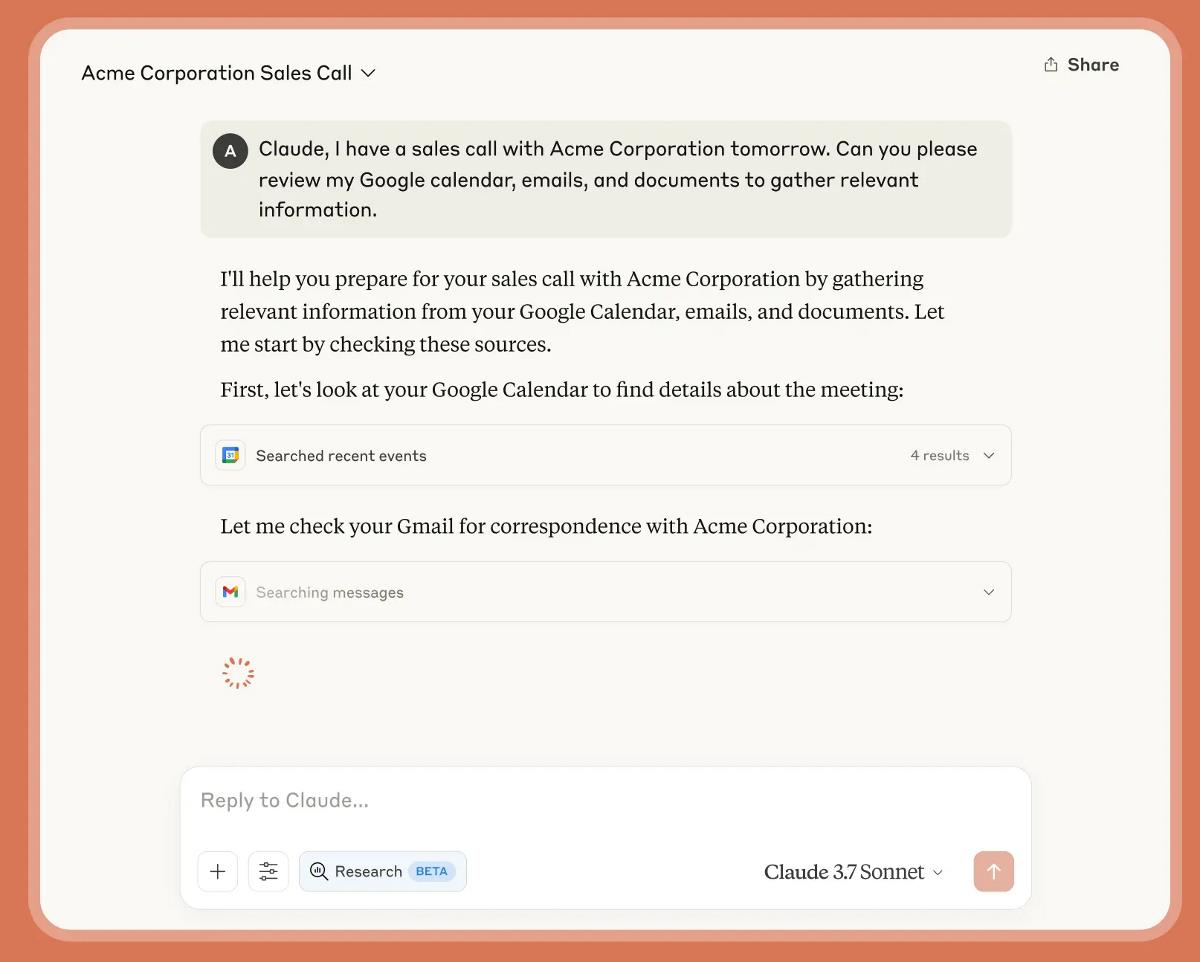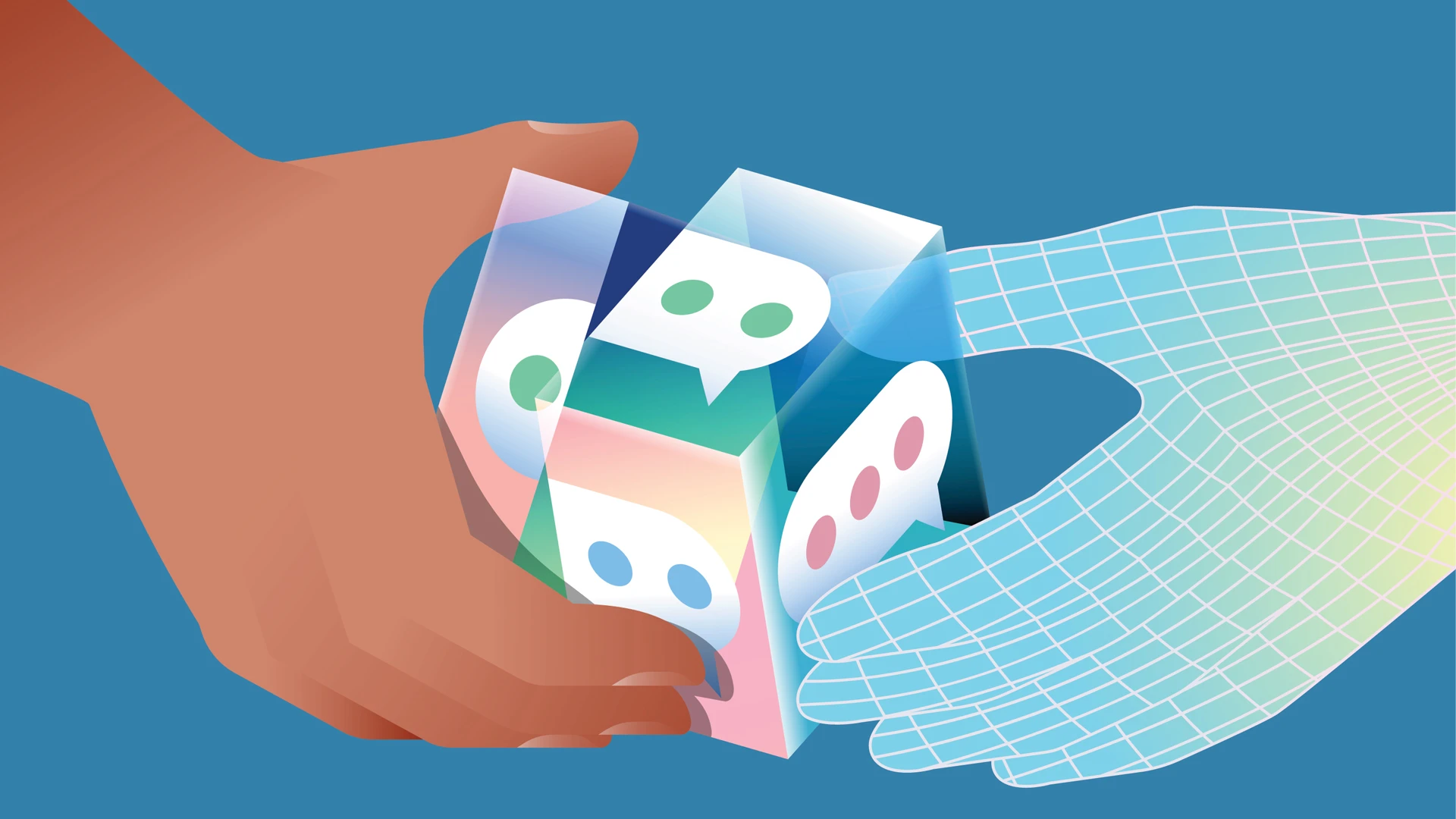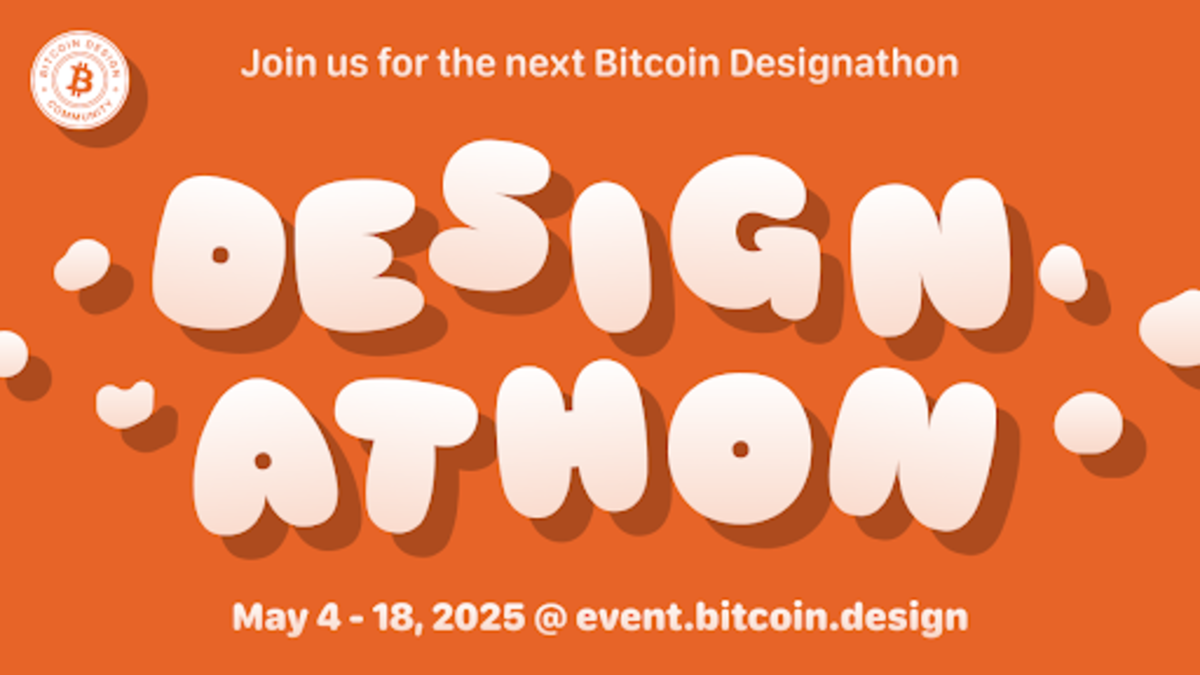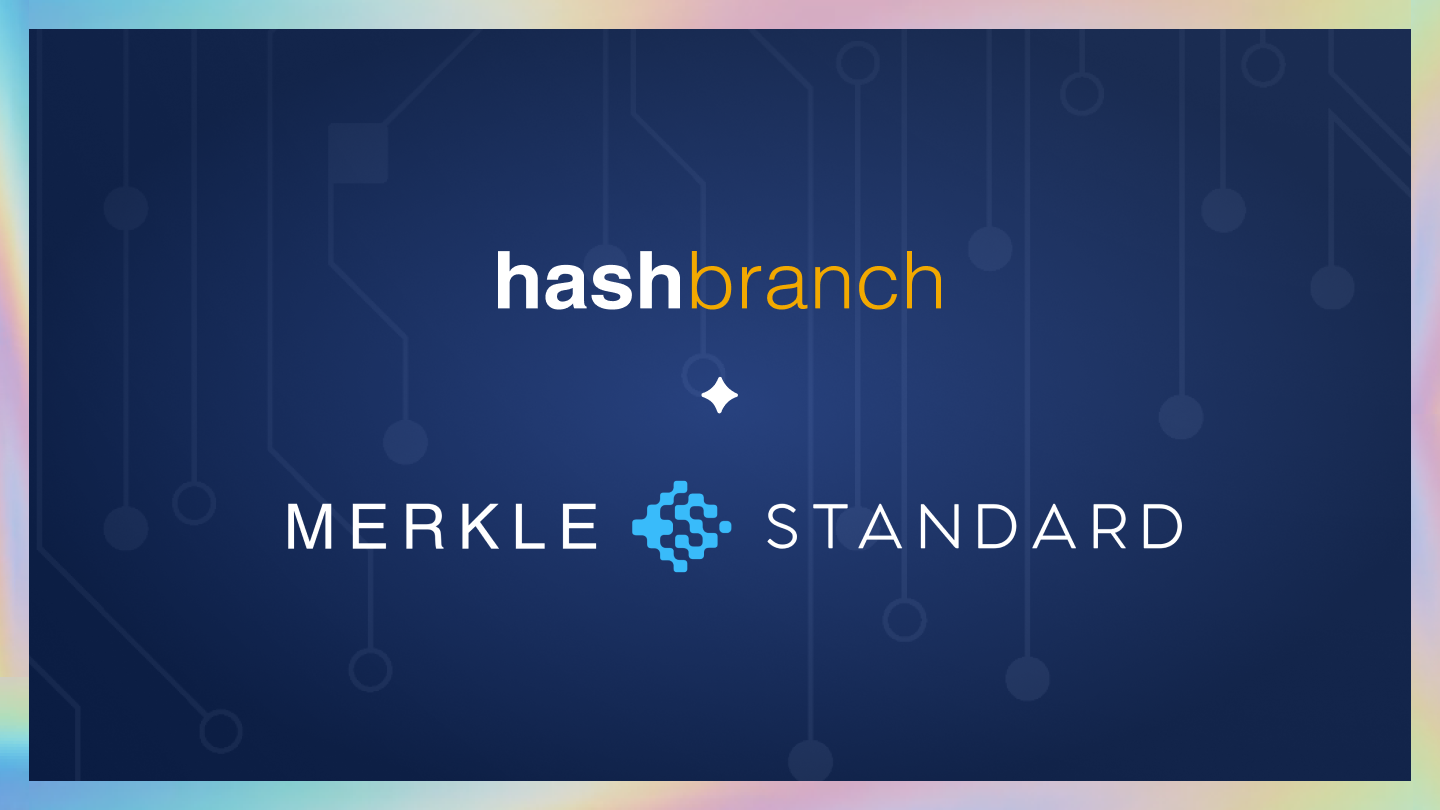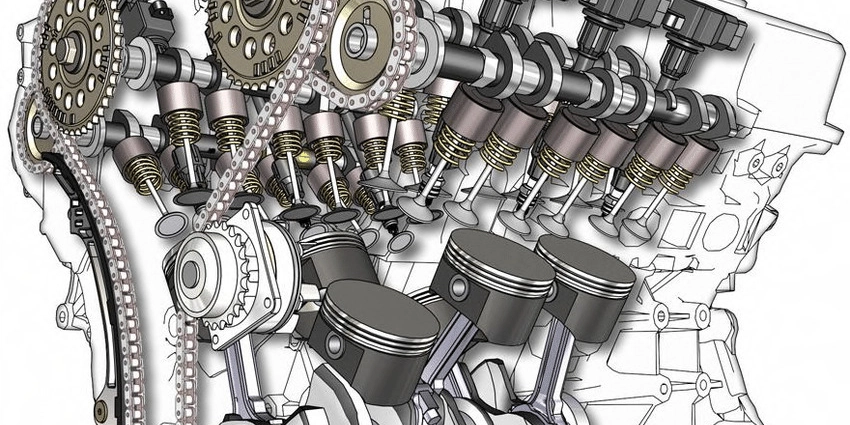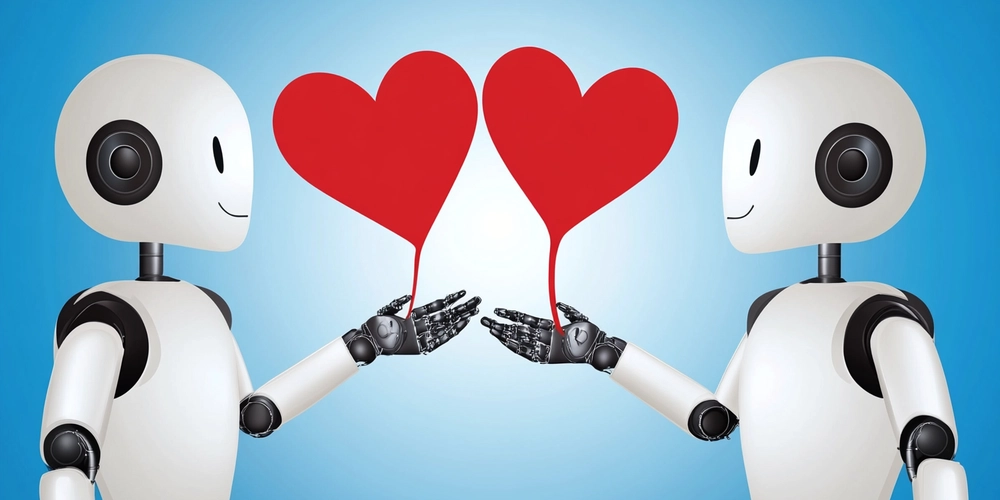How AI Characters Are Redefining Digital Conversations
In an era where human-computer interaction is more than just voice commands and text prompts, AI characters are leading a digital revolution. These intelligent avatars, bots, and personalities are no longer robotic responders—they’re becoming relatable, emotionally intelligent, and highly engaging. From gaming and entertainment to education and therapy, AI-driven characters are transforming the way we interact online. One of the standout tools in this new landscape is Silly Tavern AI, a platform that's rapidly gaining attention for its immersive storytelling and character-based chat experience. With customizable personas, user-driven narratives, and seamless AI integration, this tool is helping users engage in deeply personal and imaginative conversations like never before. The Shift From Static Chatbots to Dynamic AI Characters Traditional chatbots were once confined to simple decision trees and keyword recognition. They offered customer support, answered FAQs, and helped users navigate websites. But the evolution of large language models and conversational AI has pushed things far beyond that. Now, platforms like Silly Tavern AI offer lifelike interactions, where digital characters can joke, empathize, narrate stories, and even roleplay with users in real-time. This level of emotional depth and narrative interactivity wasn’t possible even a few years ago. It’s not just about getting answers anymore—it’s about connection, creativity, and conversation. These AI characters often possess unique personalities, backstories, and tones. Whether it’s a sassy elf guiding a fantasy quest or a futuristic robot mentor helping you study, the experience becomes personalized and memorable. The Rise of Roleplay-Centric AI Tools Roleplay and storytelling have become central to many digital experiences, especially in communities on platforms like Discord and Reddit. AI tools that cater to these needs are seeing tremendous growth. Silly Tavern AI has carved out a niche here by offering a platform specifically designed for character roleplay and narrative chats. Users can interact with pre-made personas or create their own characters with detailed attributes, personalities, and behaviors. This level of personalization makes the AI feel more alive, fostering deeper emotional and imaginative connections. It’s not just entertainment. Teachers use such AI characters for interactive lessons. Therapists explore narrative therapy with patients through digital avatars. Even brands are exploring AI personalities to improve customer loyalty and brand engagement. Real-Time Learning and Emotional Intelligence One of the key factors redefining digital conversations is the increasing emotional intelligence of AI characters. With models like GPT-4 and beyond, these systems can detect sentiment, adjust tone, and respond empathetically. When paired with a well-developed character, the result is an interaction that feels surprisingly human. Take tools like Character.AI and Inworld AI for example. These alternatives to Silly Tavern AI allow for the crafting of characters that adapt to user mood, understand context, and evolve over time. The AI isn’t just reacting—it’s building a relationship. This has significant implications for fields like mental health support. AI companions can provide low-pressure environments for users to express themselves, reducing feelings of isolation. For neurodivergent individuals, these digital characters offer a safe and predictable interaction space that can be fine-tuned to their comfort levels. Storytelling, Creativity, and Empowerment AI characters are also becoming vital creative partners. Writers, game developers, and content creators are using AI-driven personas to brainstorm plot ideas, test dialogue, or simulate character interactions. Platforms like Replika and NovelAI, similar to Silly Tavern AI, provide advanced storytelling environments where users can co-create narratives with their AI. Whether you're crafting a sci-fi epic or a romantic comedy, these tools bring characters to life in dynamic and surprising ways. For solo creators or indie developers, this is a game-changer. It reduces the time and cost associated with developing rich, believable characters. More importantly, it empowers individuals to tell their stories, their way—with the help of AI. The Social Side of AI Characters AI characters aren’t just private companions—they’re social. Platforms are emerging where users can share characters, experiences, and conversations. Communities are forming around shared fictional worlds and interactive storytelling sessions. Silly Tavern AI taps into this by allowing users to export and import characters, collaborate on conversations, and even run entire campaigns together. This makes it not just a tool, but a social ecosystem of storytellers, gamers, and creatives. Alternatives like Botify AI and Janitor AI are also gaining traction in this space, offering features like NSFW toggles,
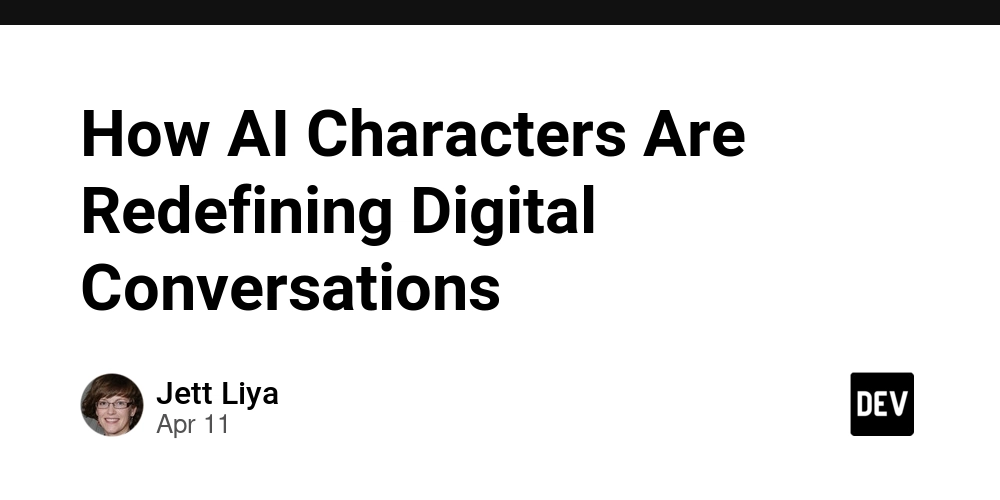
In an era where human-computer interaction is more than just voice commands and text prompts, AI characters are leading a digital revolution. These intelligent avatars, bots, and personalities are no longer robotic responders—they’re becoming relatable, emotionally intelligent, and highly engaging. From gaming and entertainment to education and therapy, AI-driven characters are transforming the way we interact online.
One of the standout tools in this new landscape is Silly Tavern AI, a platform that's rapidly gaining attention for its immersive storytelling and character-based chat experience. With customizable personas, user-driven narratives, and seamless AI integration, this tool is helping users engage in deeply personal and imaginative conversations like never before.
The Shift From Static Chatbots to Dynamic AI Characters
Traditional chatbots were once confined to simple decision trees and keyword recognition. They offered customer support, answered FAQs, and helped users navigate websites. But the evolution of large language models and conversational AI has pushed things far beyond that.
Now, platforms like Silly Tavern AI offer lifelike interactions, where digital characters can joke, empathize, narrate stories, and even roleplay with users in real-time. This level of emotional depth and narrative interactivity wasn’t possible even a few years ago. It’s not just about getting answers anymore—it’s about connection, creativity, and conversation.
These AI characters often possess unique personalities, backstories, and tones. Whether it’s a sassy elf guiding a fantasy quest or a futuristic robot mentor helping you study, the experience becomes personalized and memorable.
The Rise of Roleplay-Centric AI Tools
Roleplay and storytelling have become central to many digital experiences, especially in communities on platforms like Discord and Reddit. AI tools that cater to these needs are seeing tremendous growth.
Silly Tavern AI has carved out a niche here by offering a platform specifically designed for character roleplay and narrative chats. Users can interact with pre-made personas or create their own characters with detailed attributes, personalities, and behaviors. This level of personalization makes the AI feel more alive, fostering deeper emotional and imaginative connections.
It’s not just entertainment. Teachers use such AI characters for interactive lessons. Therapists explore narrative therapy with patients through digital avatars. Even brands are exploring AI personalities to improve customer loyalty and brand engagement.
Real-Time Learning and Emotional Intelligence
One of the key factors redefining digital conversations is the increasing emotional intelligence of AI characters. With models like GPT-4 and beyond, these systems can detect sentiment, adjust tone, and respond empathetically. When paired with a well-developed character, the result is an interaction that feels surprisingly human.
Take tools like Character.AI and Inworld AI for example. These alternatives to Silly Tavern AI allow for the crafting of characters that adapt to user mood, understand context, and evolve over time. The AI isn’t just reacting—it’s building a relationship.
This has significant implications for fields like mental health support. AI companions can provide low-pressure environments for users to express themselves, reducing feelings of isolation. For neurodivergent individuals, these digital characters offer a safe and predictable interaction space that can be fine-tuned to their comfort levels.
Storytelling, Creativity, and Empowerment
AI characters are also becoming vital creative partners. Writers, game developers, and content creators are using AI-driven personas to brainstorm plot ideas, test dialogue, or simulate character interactions.
Platforms like Replika and NovelAI, similar to Silly Tavern AI, provide advanced storytelling environments where users can co-create narratives with their AI. Whether you're crafting a sci-fi epic or a romantic comedy, these tools bring characters to life in dynamic and surprising ways.
For solo creators or indie developers, this is a game-changer. It reduces the time and cost associated with developing rich, believable characters. More importantly, it empowers individuals to tell their stories, their way—with the help of AI.
The Social Side of AI Characters
AI characters aren’t just private companions—they’re social. Platforms are emerging where users can share characters, experiences, and conversations. Communities are forming around shared fictional worlds and interactive storytelling sessions.
Silly Tavern AI taps into this by allowing users to export and import characters, collaborate on conversations, and even run entire campaigns together. This makes it not just a tool, but a social ecosystem of storytellers, gamers, and creatives.
Alternatives like Botify AI and Janitor AI are also gaining traction in this space, offering features like NSFW toggles, emotion sliders, and shared memory layers. These features make the conversations feel less scripted and more like collaborative play.
Redefining What Digital Companionship Means
Loneliness is one of the greatest modern epidemics, and AI companions are beginning to fill an emotional gap that technology once neglected. Digital characters, particularly those with relatable personas and empathy-driven programming, can become trusted confidants.
While we’re far from AI replacing human relationships, tools like Silly Tavern AI demonstrate that there’s a place for artificial companionship in our lives. For many, it’s a fun escape. For others, it's a meaningful source of comfort and imagination.
As these systems evolve, we may soon see AI characters that can remember long-term details, adapt their speech over months of use, and simulate emotional bonds with astonishing realism.
Ethical Considerations and Creative Control
With all the benefits, there are also ethical concerns. How much control should users have over these AI characters? Can they be programmed to reinforce unhealthy behavior or misinformation? What happens when digital characters become indistinguishable from real humans?
Platforms like Silly Tavern AI walk a fine line—offering deep customization while implementing content safeguards and community guidelines. It's crucial for users and developers to have open conversations about responsible use, privacy, and the psychological impact of long-term engagement with AI personas.
Looking Ahead: The Future of AI-Driven Dialogue
The future of digital conversations is undeniably being shaped by AI characters. Whether for learning, entertainment, therapy, or companionship, the ability to interact with rich, emotionally aware digital personas is unlocking new ways of expression and connection.
Tools like Silly Tavern AI are at the forefront, offering users not just a chat interface, but a collaborative storytelling playground. With alternatives like Character.AI, Inworld AI, and Replika adding to the momentum, the digital world is becoming more character-driven, more interactive, and more human in feel.
As these tools continue to evolve, one thing is clear: the next generation of digital conversations won't be about humans talking to machines—it'll be about humans and machines co-creating experiences, relationships, and stories.
















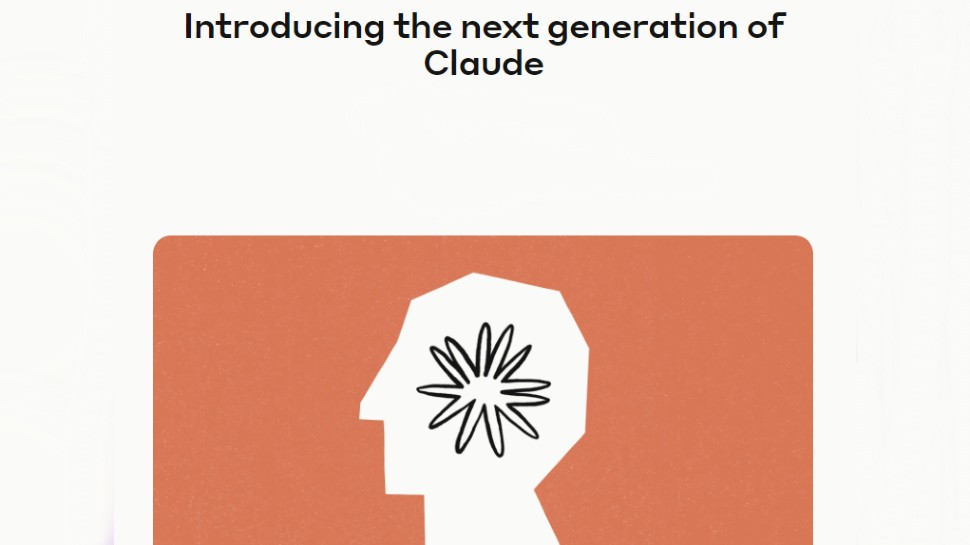


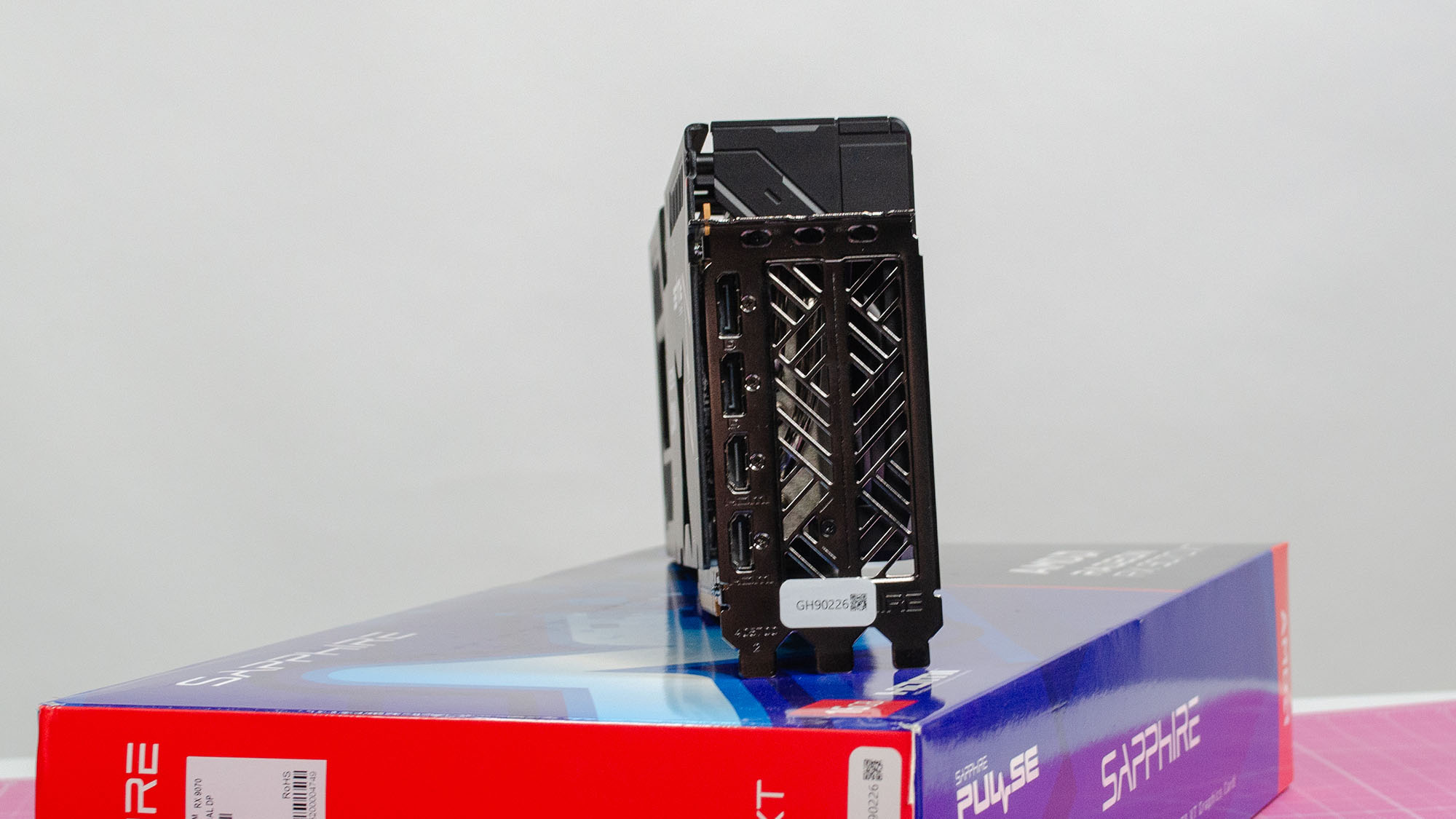





















































































































































![[The AI Show Episode 144]: ChatGPT’s New Memory, Shopify CEO’s Leaked “AI First” Memo, Google Cloud Next Releases, o3 and o4-mini Coming Soon & Llama 4’s Rocky Launch](https://www.marketingaiinstitute.com/hubfs/ep%20144%20cover.png)








































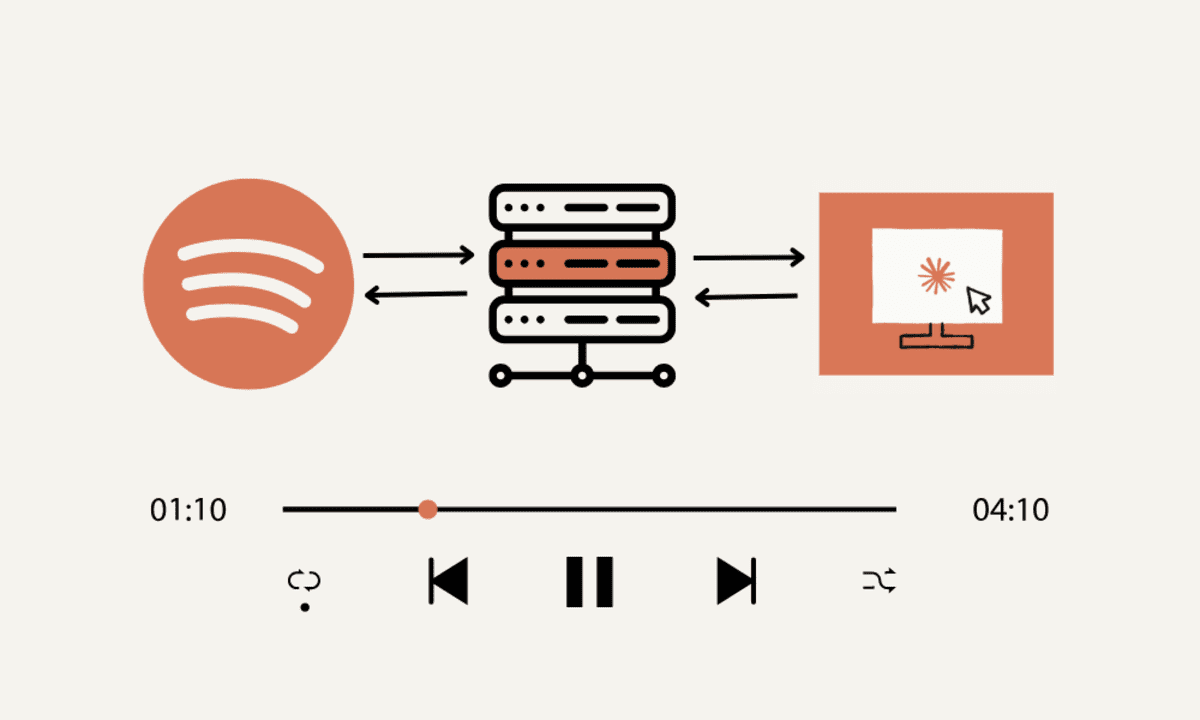























































































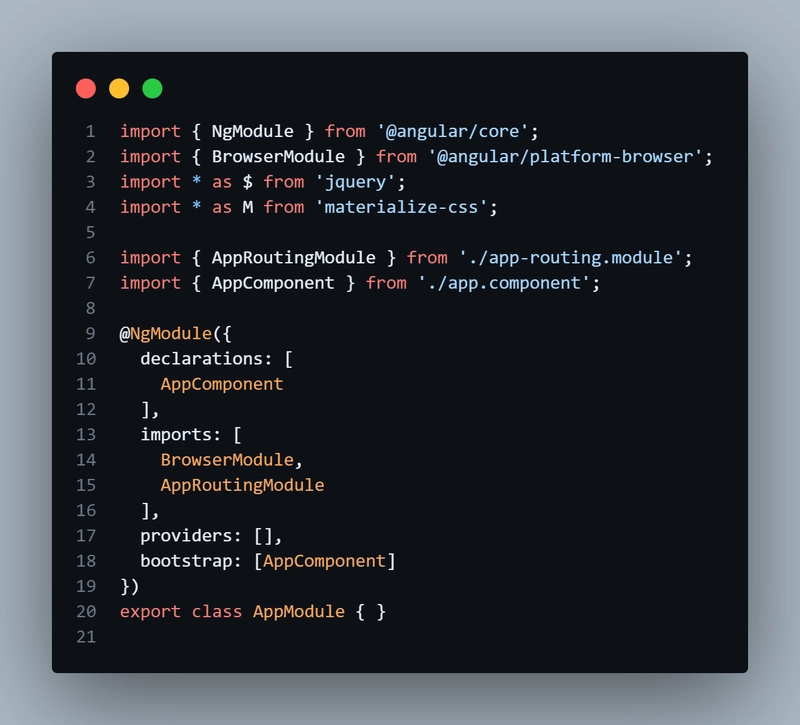
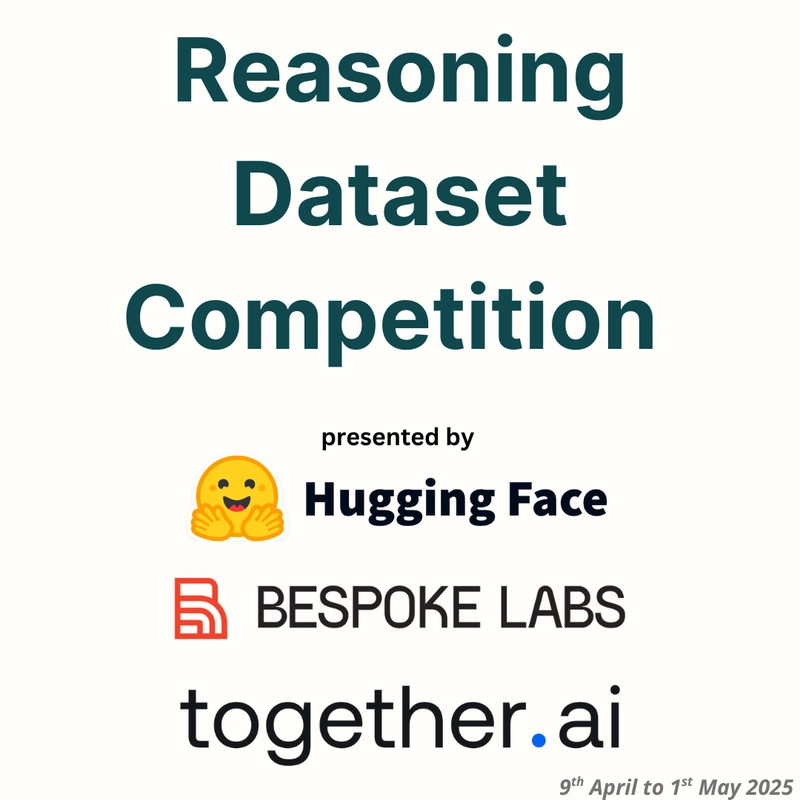
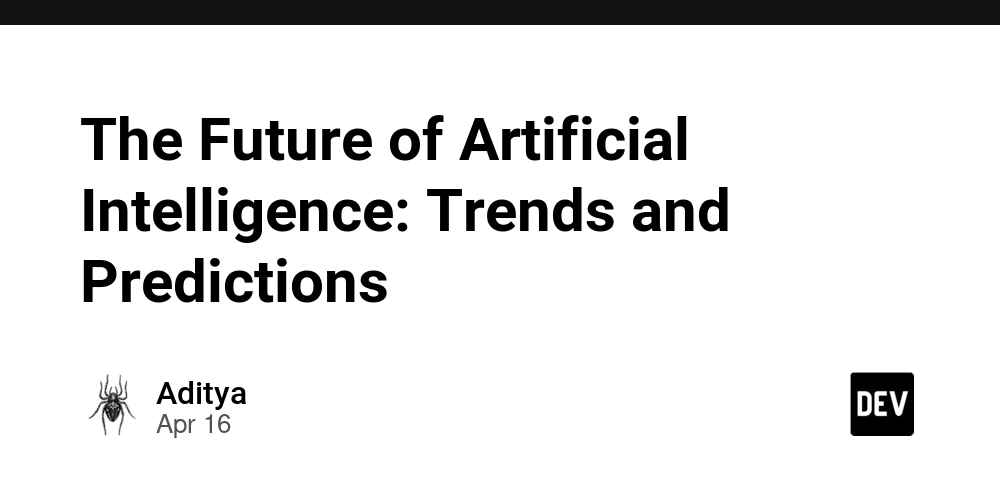























































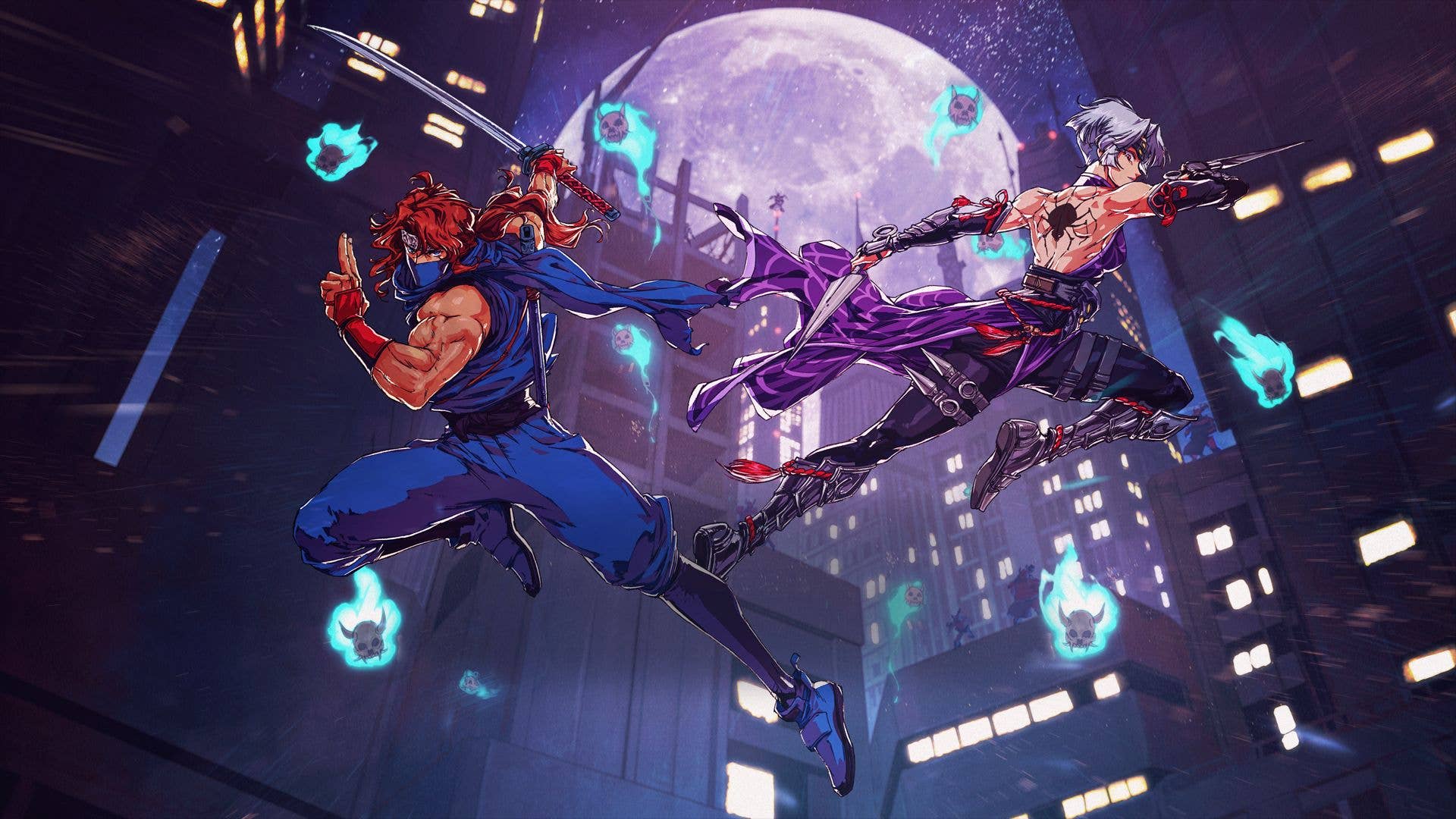







![Blue Archive tier list [April 2025]](https://media.pocketgamer.com/artwork/na-33404-1636469504/blue-archive-screenshot-2.jpg?#)


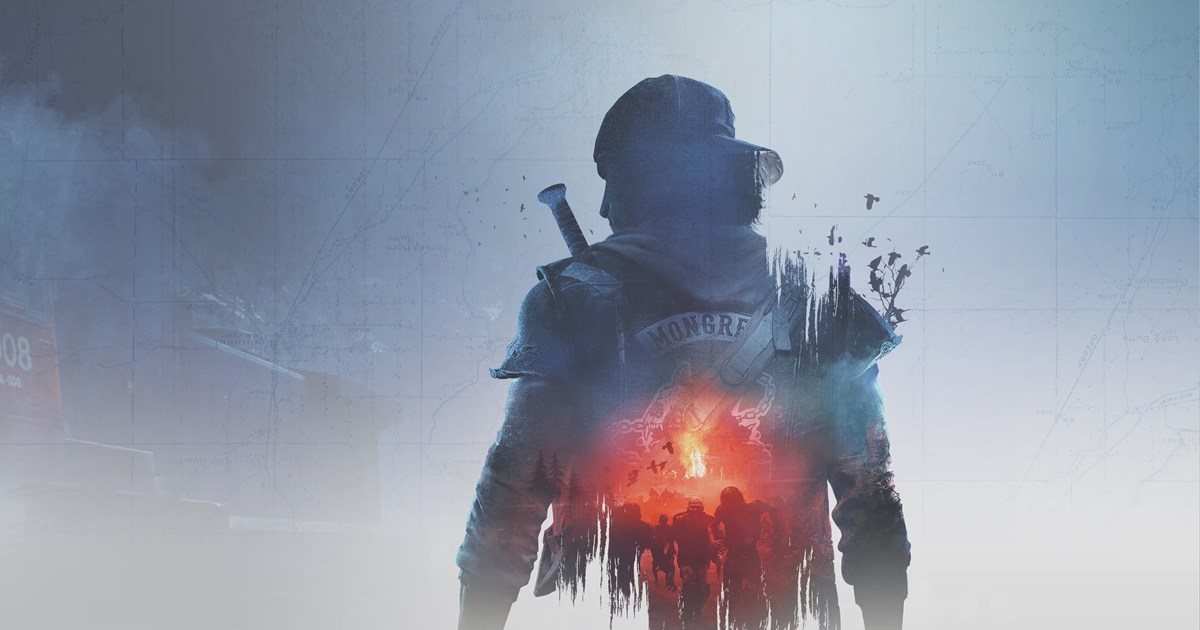








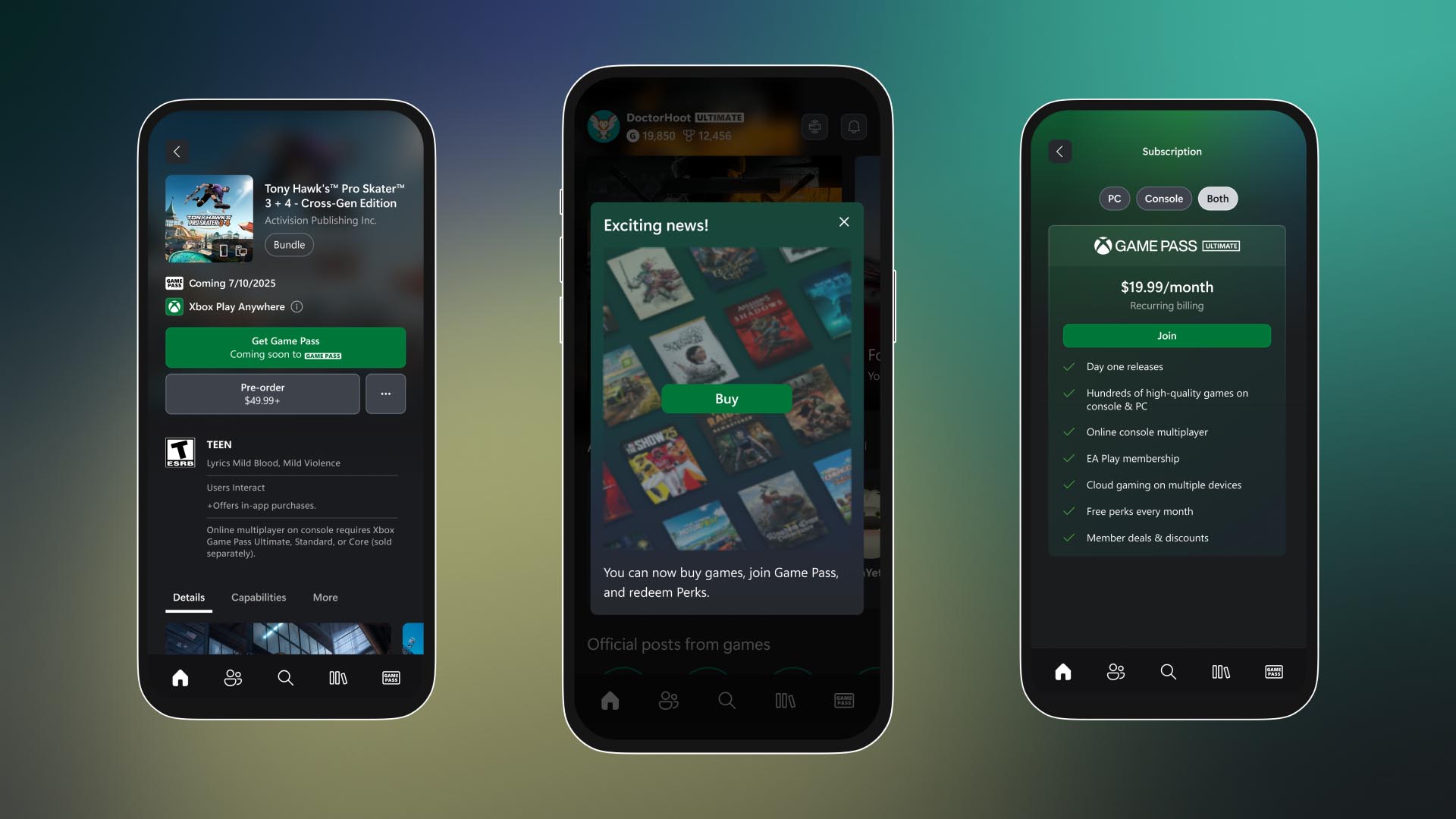



















.png?#)









.png?width=1920&height=1920&fit=bounds&quality=70&format=jpg&auto=webp#)




























.webp?#)















































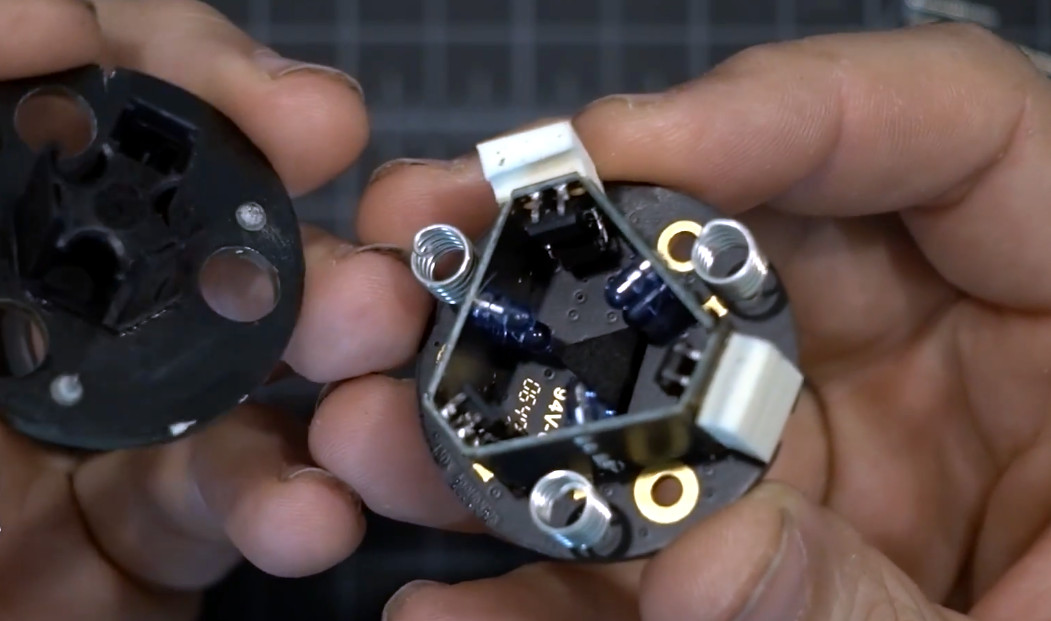
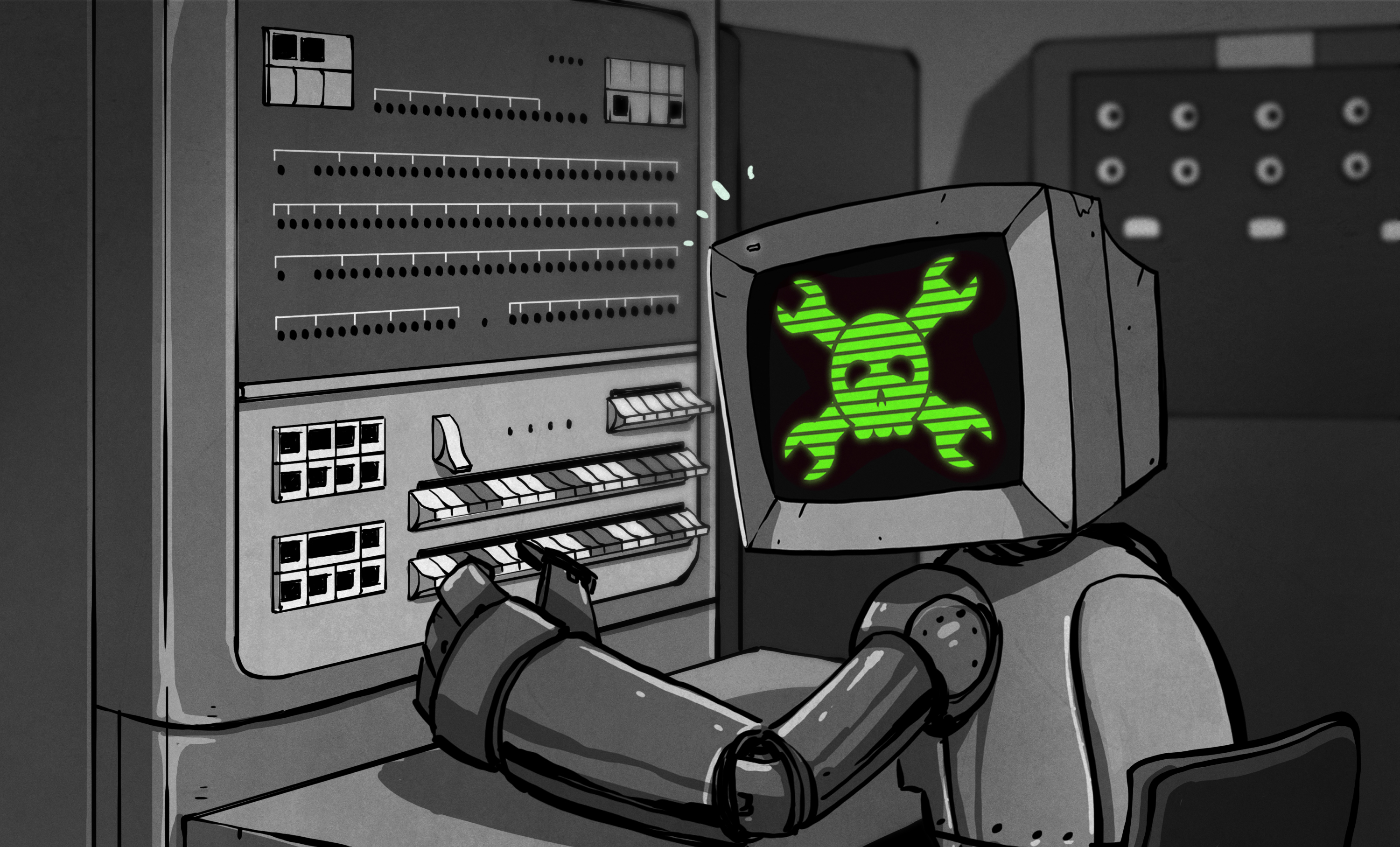
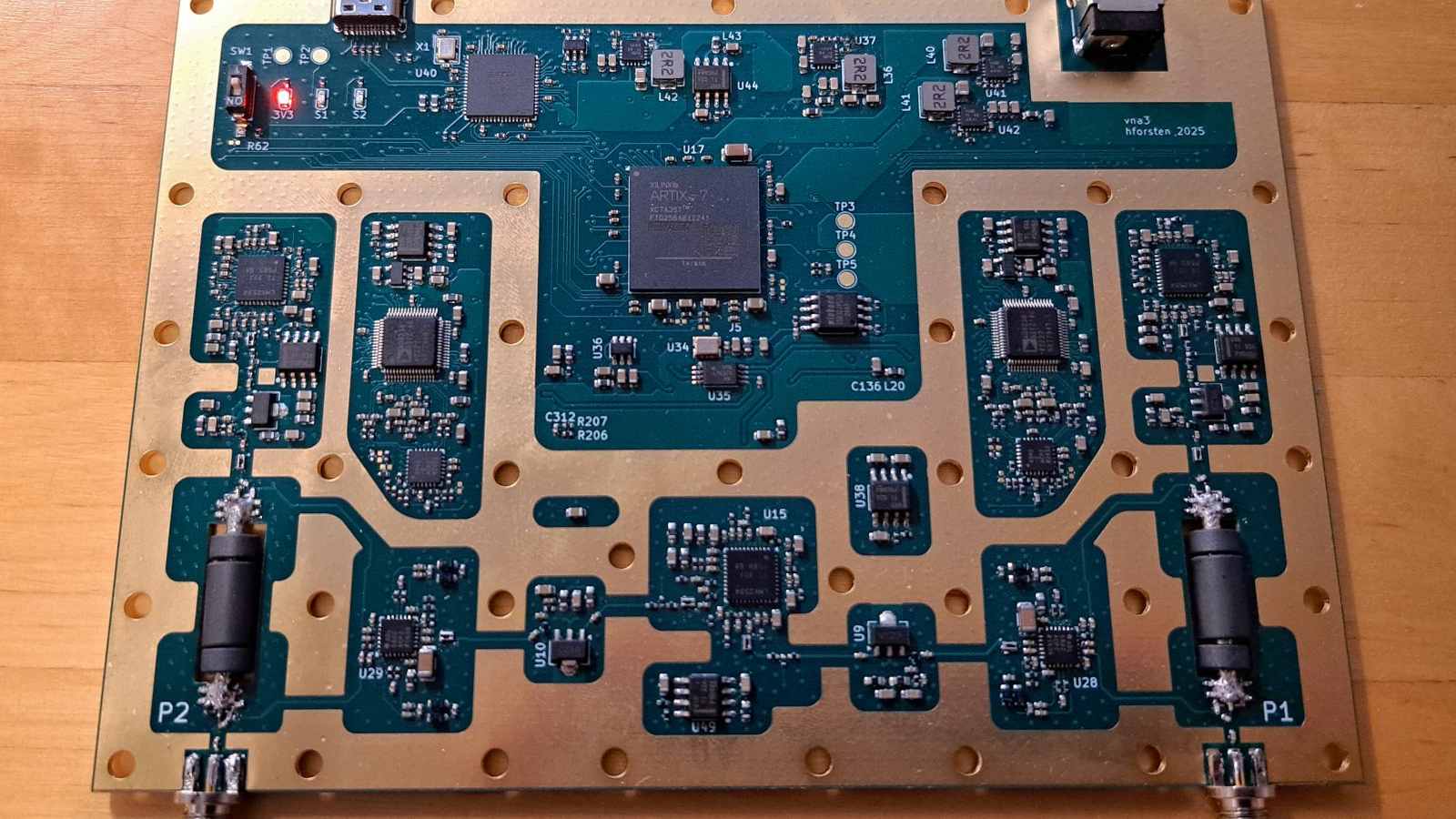
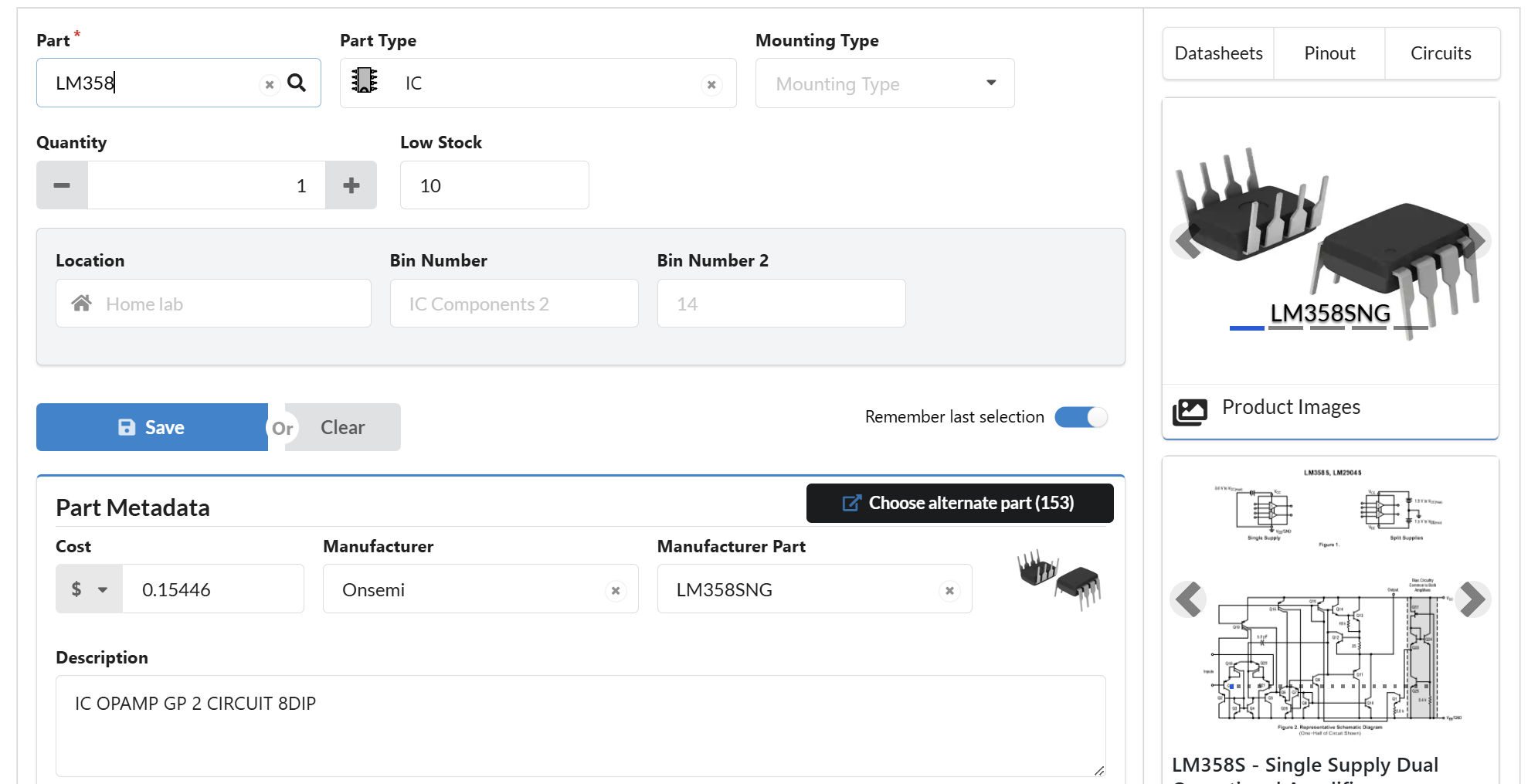































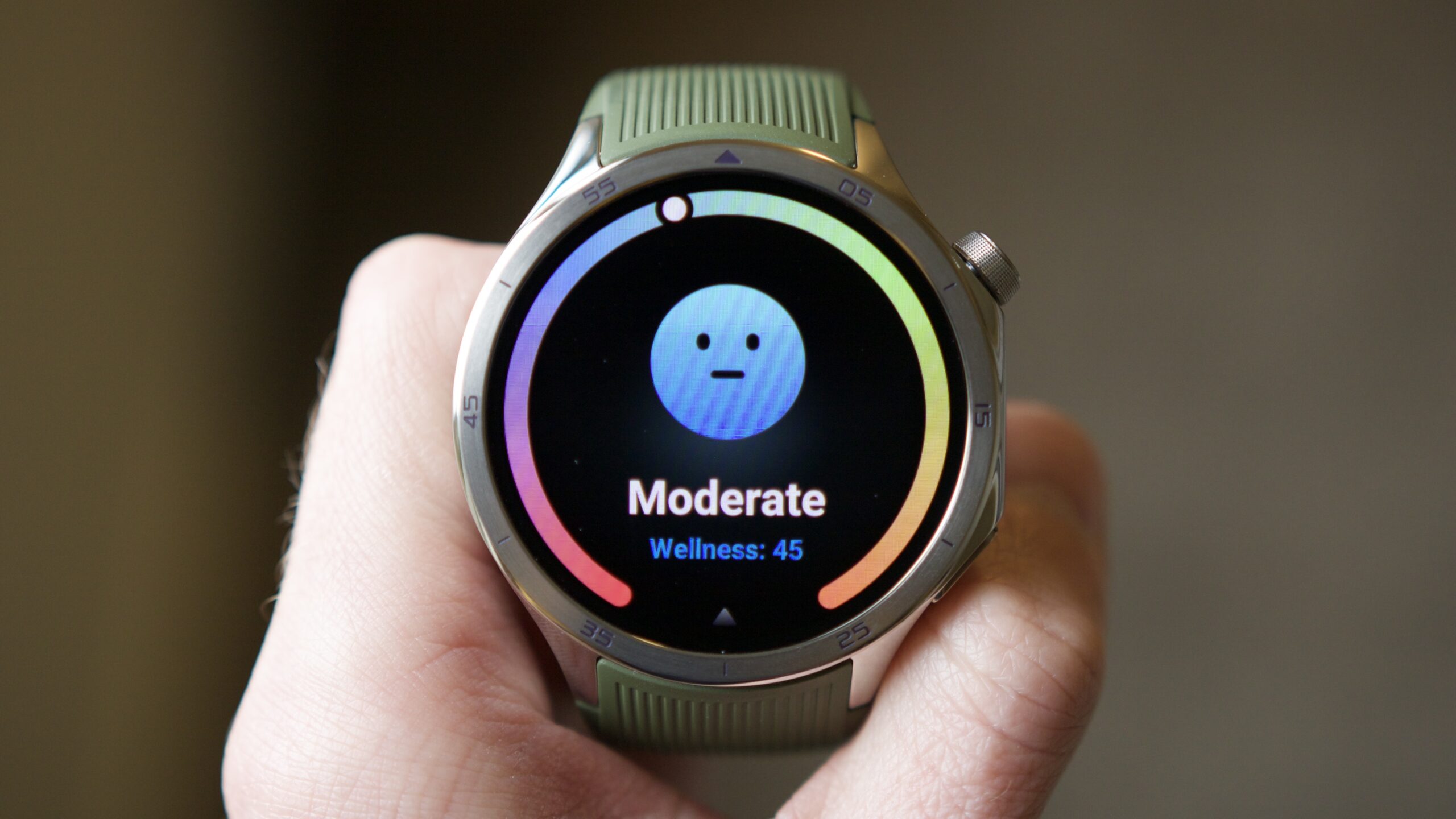
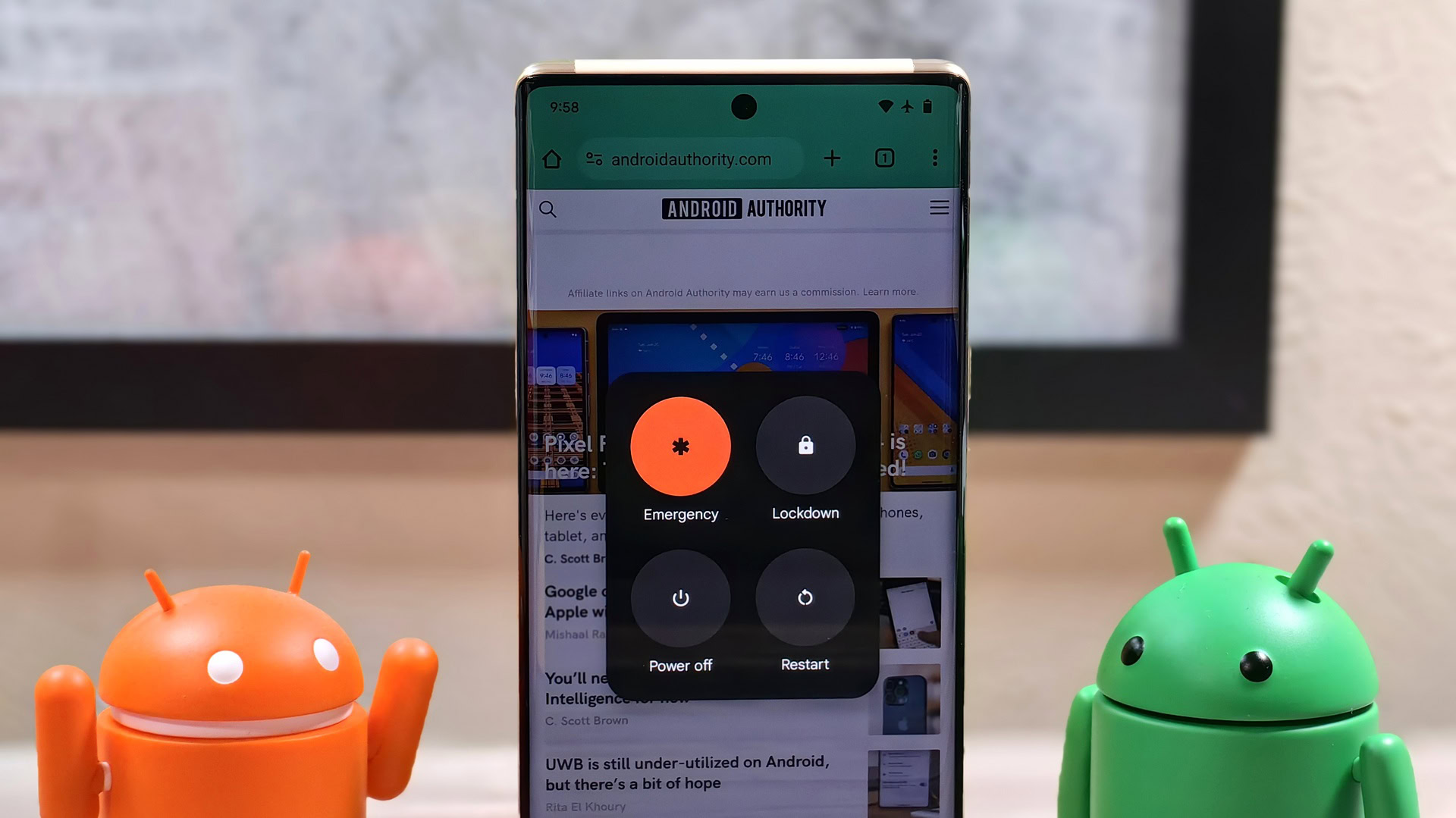
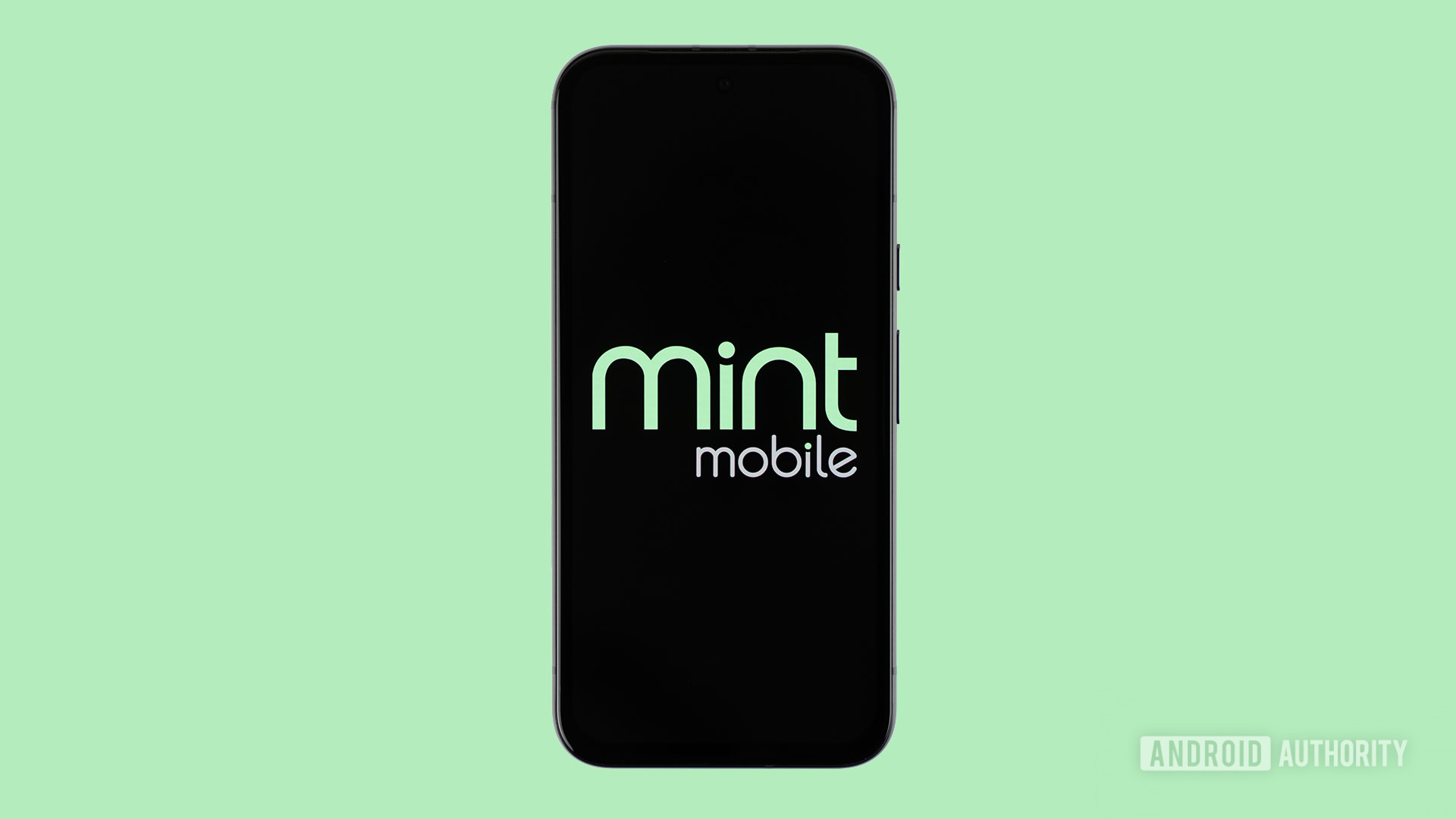
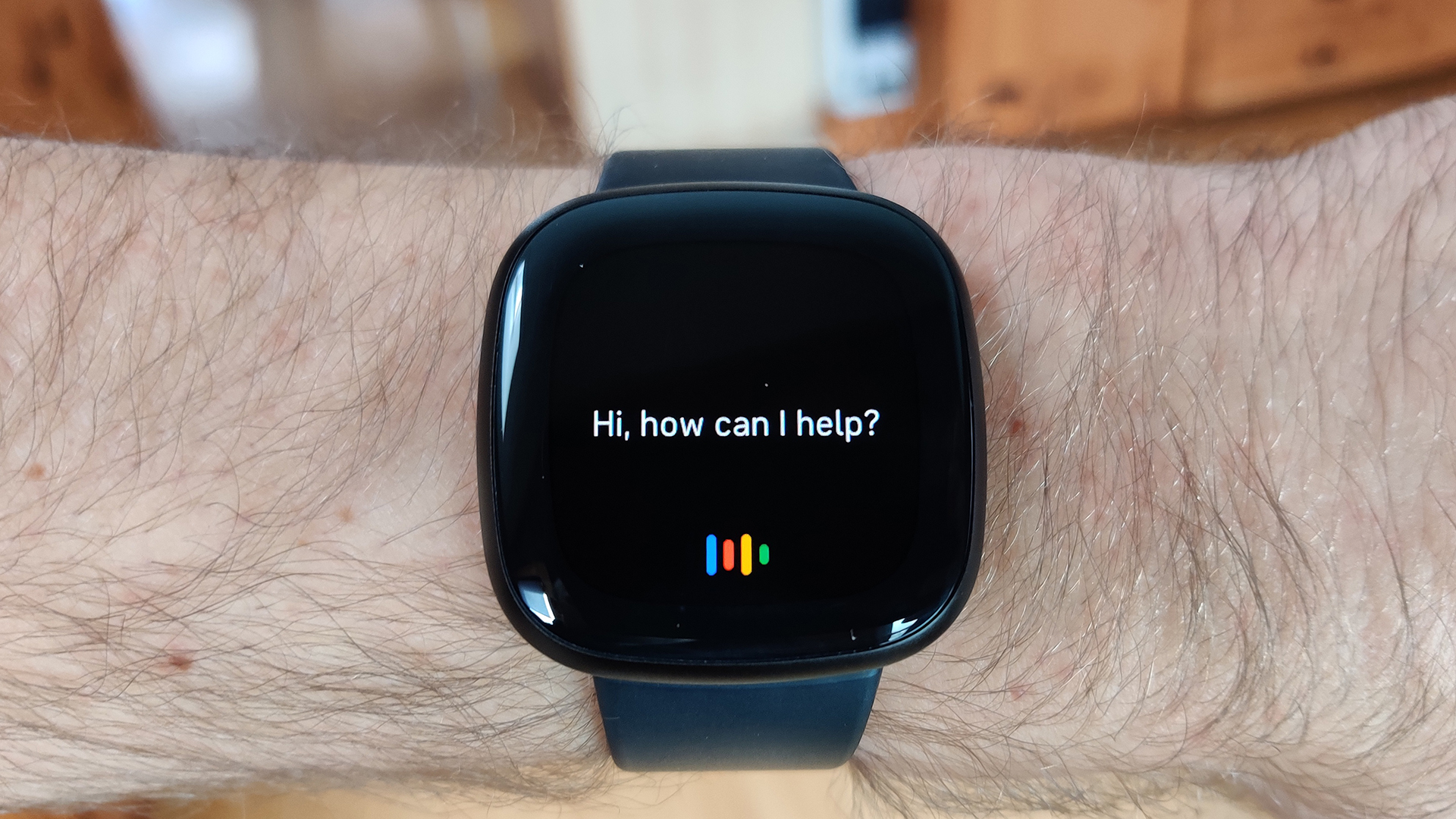
![PSA: It’s not just you, Spotify is down [U: Fixed]](https://i0.wp.com/9to5mac.com/wp-content/uploads/sites/6/2023/06/spotify-logo-2.jpg?resize=1200%2C628&quality=82&strip=all&ssl=1)



![[Update: Optional] Google rolling out auto-restart security feature to Android](https://i0.wp.com/9to5google.com/wp-content/uploads/sites/4/2025/01/google-play-services-2.jpg?resize=1200%2C628&quality=82&strip=all&ssl=1)













![Apple Vision 'Air' Headset May Feature Titanium and iPhone 5-Era Black Finish [Rumor]](https://www.iclarified.com/images/news/97040/97040/97040-640.jpg)


![Apple to Split Enterprise and Western Europe Roles as VP Exits [Report]](https://www.iclarified.com/images/news/97032/97032/97032-640.jpg)























